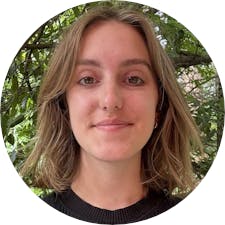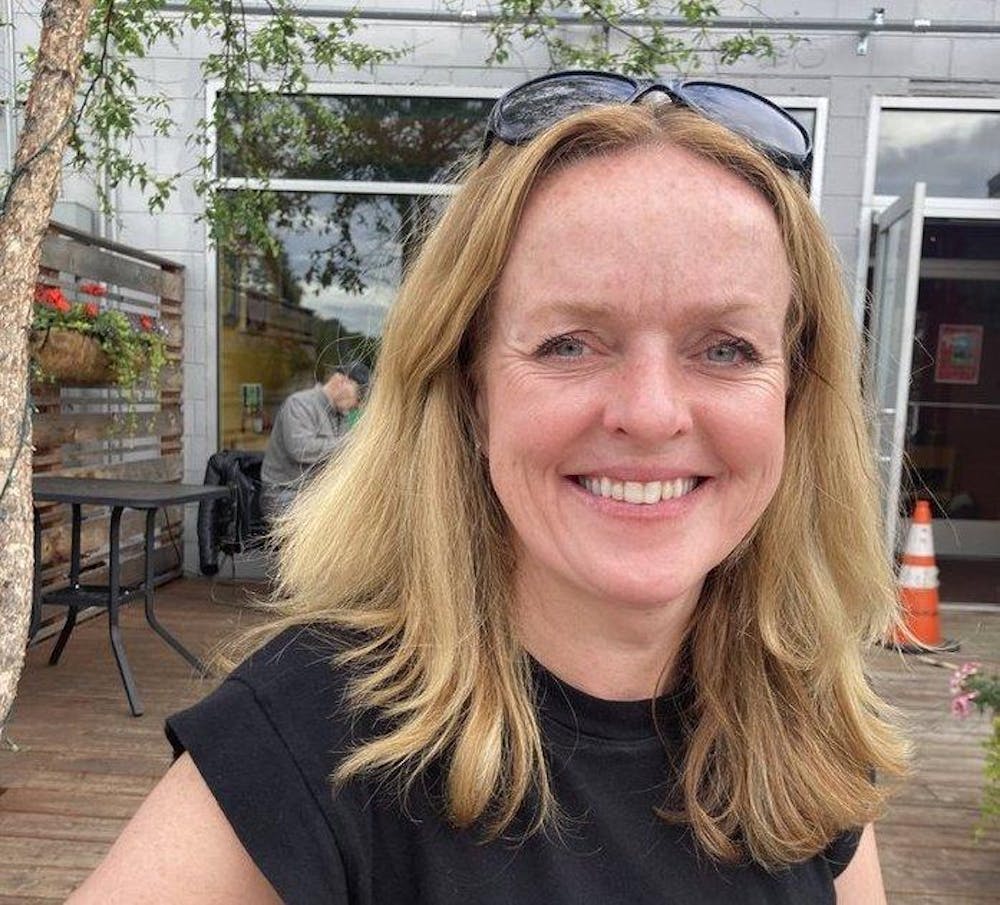After 16 years at the University, Naomi Ninneman continues to serve the campus community through her promotion of sexual education.
As the associate director for empowerment and prevention services at BWell Health Promotion, Ninneman oversees various peer education groups on campus and offers individual appointments for students to discuss any questions surrounding sexual health or wellness.
The Herald spoke with Ninneman about her background in sex education, her experience working at Brown and resources she wants students to know about.
This interview has been edited for length and clarity.
Herald: When did you first become interested in sexual health and wellness?
Naomi Ninneman: For people who do sex education work, there will be a different story for everybody and how they came to it, but a lot of them will tell a story of having been the person who helped their friends out a lot with those questions. That was the case for me. So I think I already had an interest in it, but didn’t have an idea that it was something I could do for a career.
I majored in literature in undergrad and thought that I was going to be a high school English teacher. I had moved to Florida after college for my partner’s work, and found myself in a place where I was trying to find people I had connections with. That's how I first got a job at Planned Parenthood.
I applied to work at the front desk at this tiny affiliate. It was only three years old, this little clinic, and because it was so new, there were some really nice opportunities. I managed to be in the right place at the right time and got their first paid education director position. And I just loved it.
How was your work at Planned Parenthood different from your work at Brown?
NN: A lot of the other places where I did a lot of work were audiences that didn’t have the educational privileges that Brown students have. So I came to Brown like, ‘What am I going to have to teach everybody?’ What I found out was that Brown students don’t know the same stuff that everybody else doesn’t know.
It’s rare that a person gets a comprehensive grounding in sexuality education. So the thing that I found was different for Brown students was that there was almost this extra barrier, because I think (they) have a hard time asking (about sexual health) because they feel like they should know already.
Can you talk some about why and when the Sexual Health and Awareness Group was founded?
NN: SHAG is one of the great delights of my work here. I started it with a small group of students — that would have been (in) … 2010. At the time, there was not anybody who was doing sexuality education work for Brown students. There were Brown students, as there are now, who were going and doing sex ed work in the local high schools and middle schools, but there wasn’t that opportunity being provided in a peer education model. Peer education can be really magical for helping to knock down a lot of barriers.
What do you like about your job?
NN: I've gotten to see students doing really meaningful work that ends up being transformative for them and the people that they’re working with. Sexual health, in my experience, is such rewarding work because people are so appreciative of these pieces of information that you can provide someone or just this affirmation that you are normal and this is okay. It’s okay not to know this. It’s okay to not have this figured out. It is often just meeting a very real need, so it’s very rewarding work.
What is a resource you share with students that they typically find helpful?
NN: I would love the campus to know that they can ask sexual health questions of SHAG, and that that can be done through a texting line which is anonymous and offers a personalized response within 24 hours. It’s not an immediate text back unless somebody's right there on it and ready to go with their answer, but it is a really thoughtful, personalized response. People send all kinds of different questions to that texting line, from questions about facts, (to) questions that are ‘How do I talk to my partner about this?’ and ‘How do I navigate this situation in this relationship?’
Brown is sort of infamous among students for being a very nudity-positive, sex-positive place. What experiences from your time here confirm that, and what experiences challenge it?
NN: This definitely is part of how I’ve heard some students describe Brown. Like any place, there are times when that feels true and is true to people’s experience, and times when it’s not. I think Brown is a place where there can be a lot of freedom to explore sexuality in whatever way makes sense for somebody individually. And I think that sometimes students can feel some pressure because of a sex-positive environment, maybe to explore it differently than actually feels okay for them. So I think people should feel like they can pay attention to whether that’s something that feels comfortable and good for them. And if it doesn’t, they don’t need to engage in that space.
For some folks, doing the naked donut run, for example, might be really empowering and a wonderful experience. For someone else, that would be the last thing they would ever want to do or be anywhere near, and both of those are okay feelings and experiences.
Throughout your time working with students as a sex educator, what’s something people typically don’t know or misconceptions they have?
NN: The biggest misconception is that people feel like they should have had it figured out. I always really like to emphasize for folks that sexuality education is something that is lifelong. We will need different pieces of information and will need to have different understandings of ourselves and other people at different points in our life. So there isn’t anybody who knows it all, or has it all figured out. Therefore, it’s really normal to have questions and things you don't know.
It’s really a lifelong discovery process of learning information, but also just learning about yourself and other people and how you are and how to be in relation to other people in a way that's beneficial for everybody.

Cate Latimer is a university news editor covering faculty, University Hall and higher education. She is from Portland, OR, and studies English and Urban Studies. In her free time, you can find her playing ultimate frisbee or rewatching episodes of Parks and Rec.





